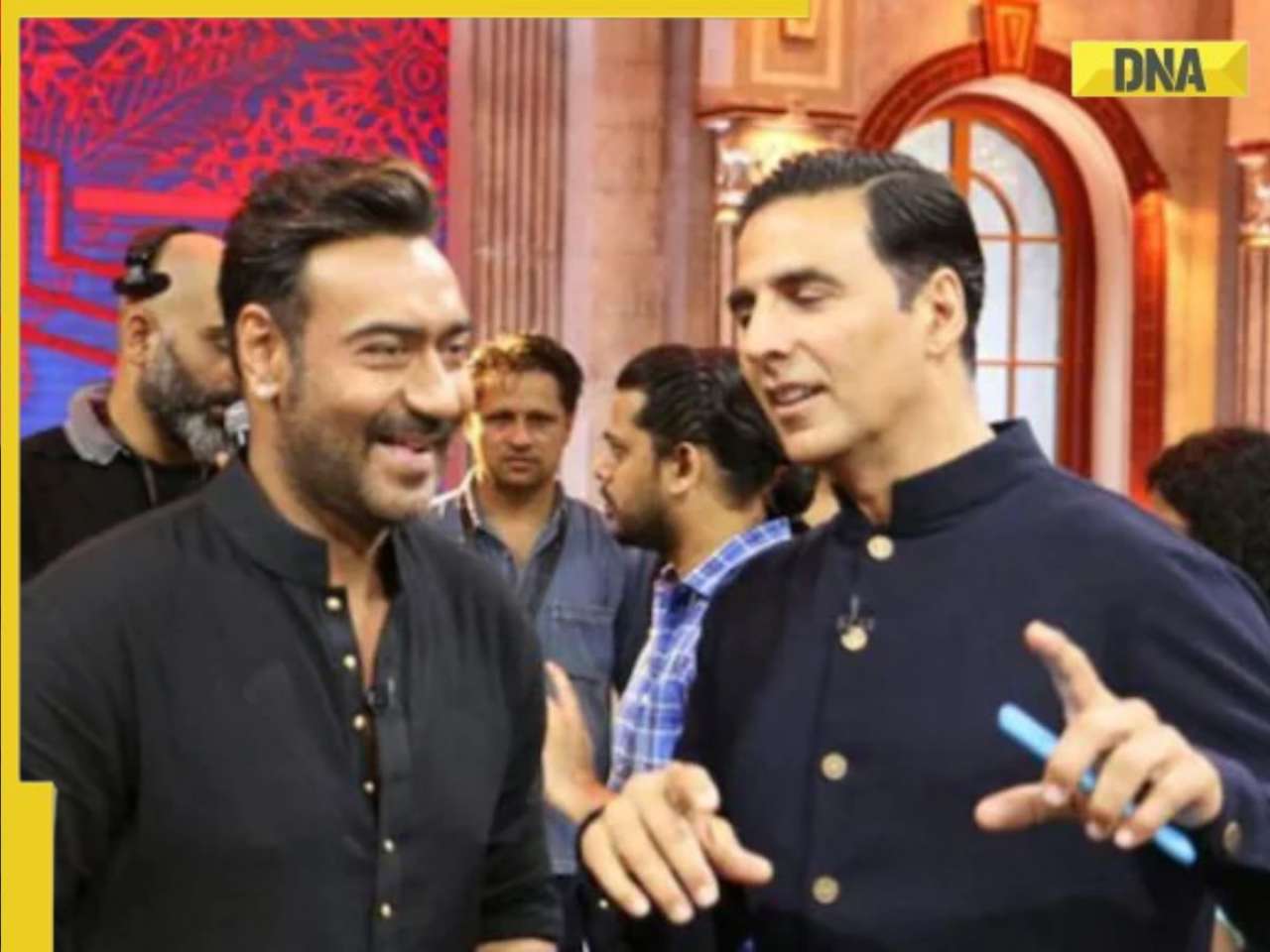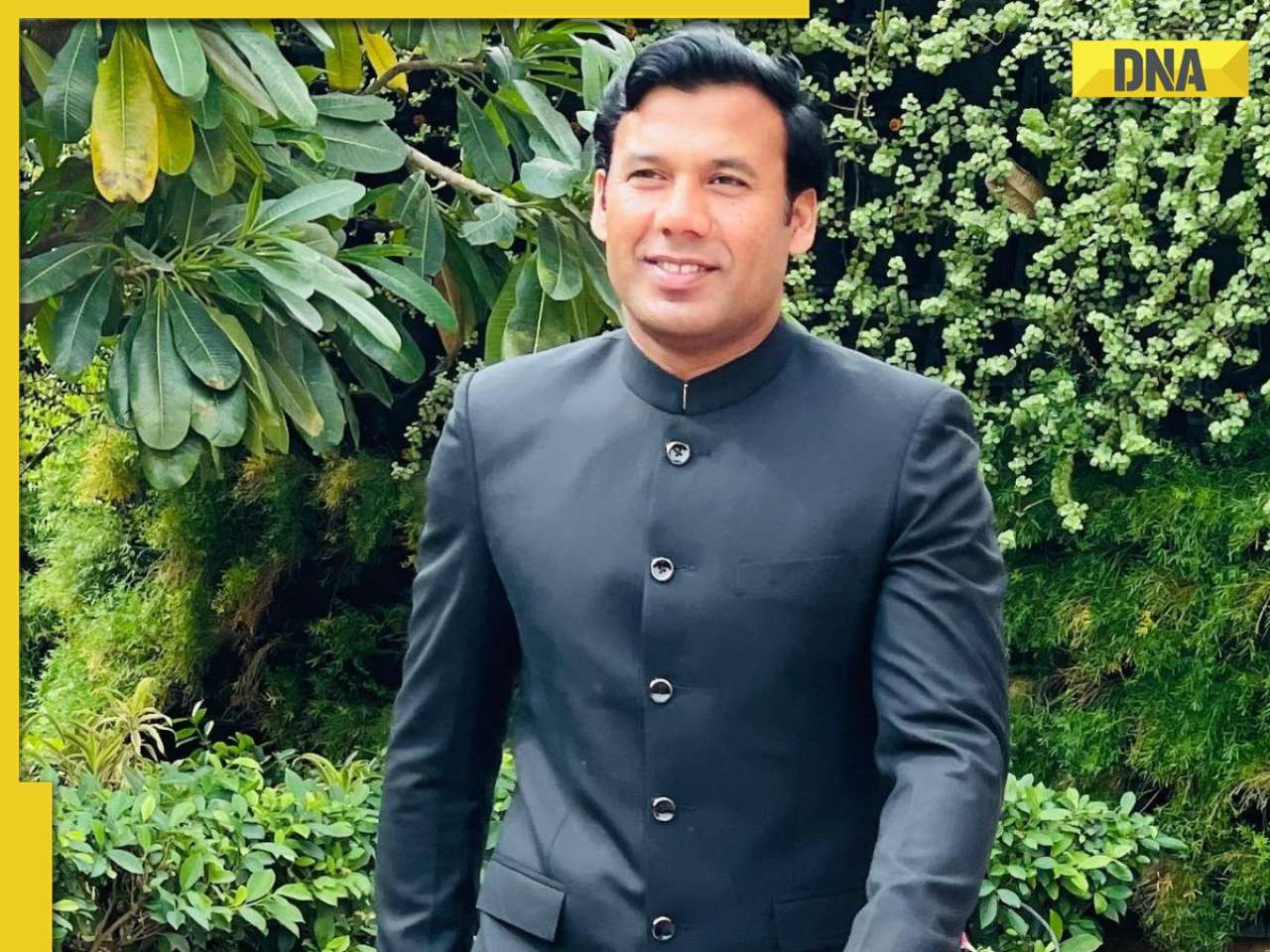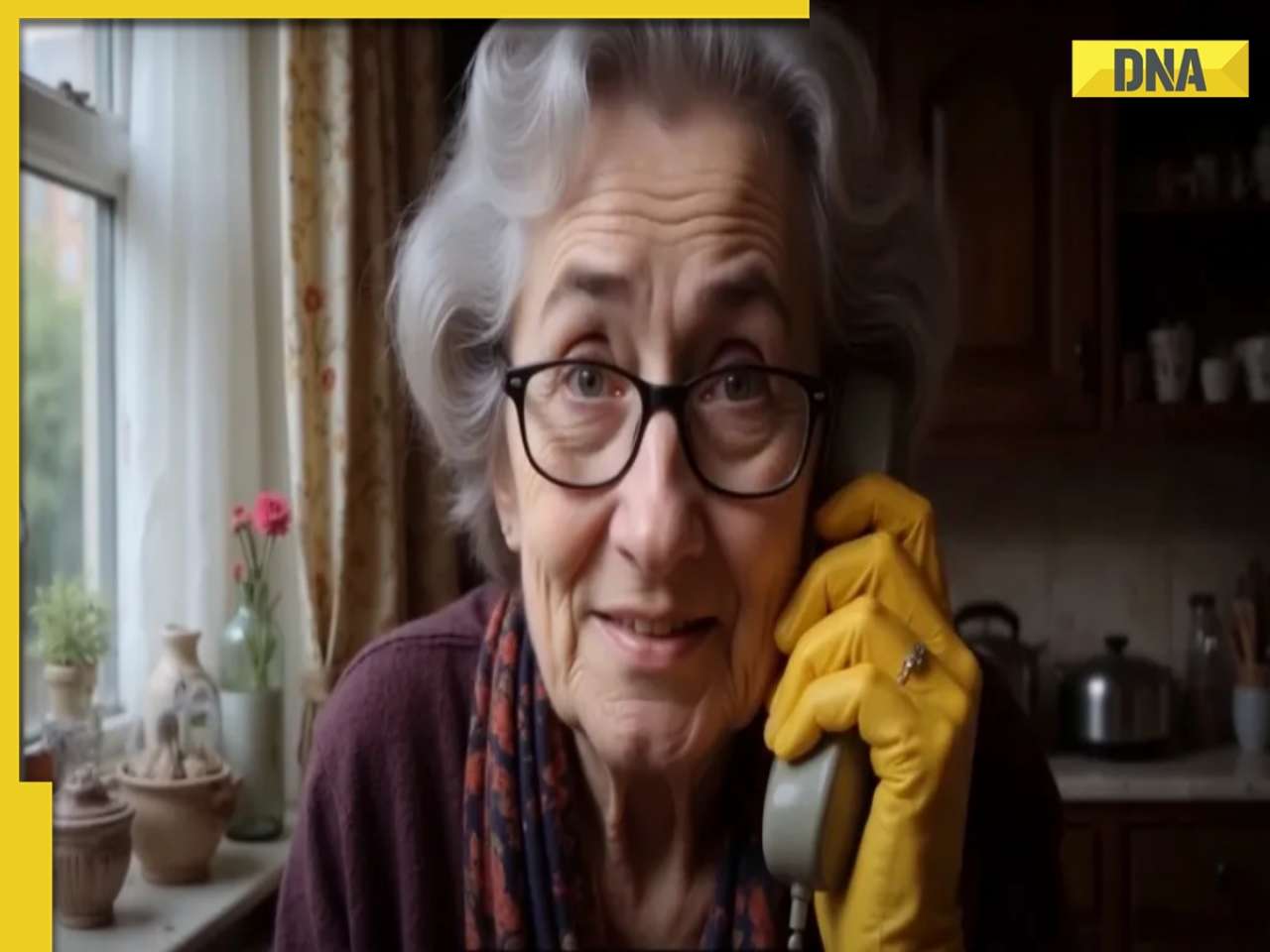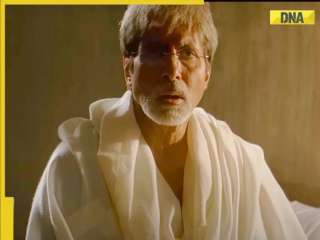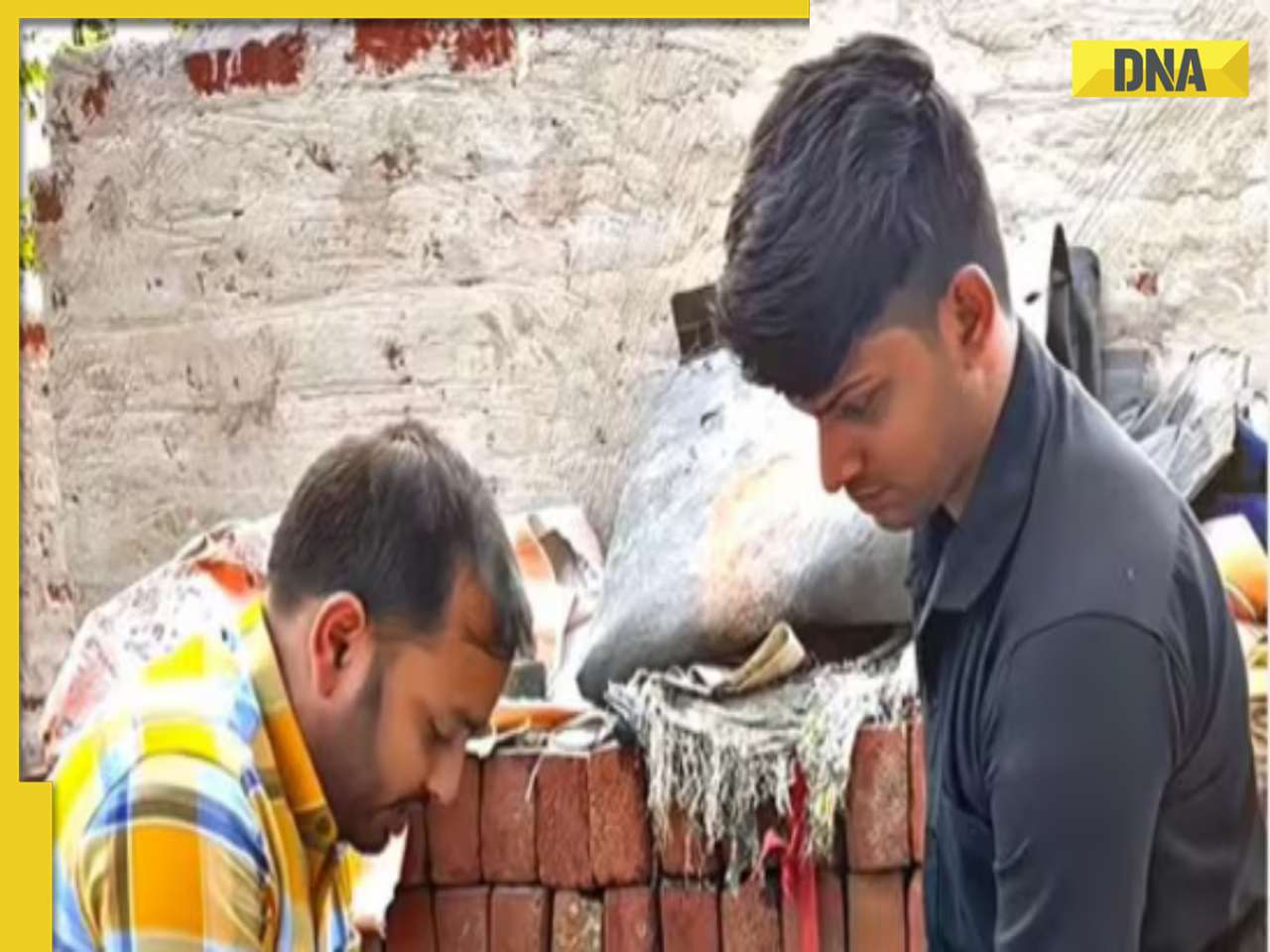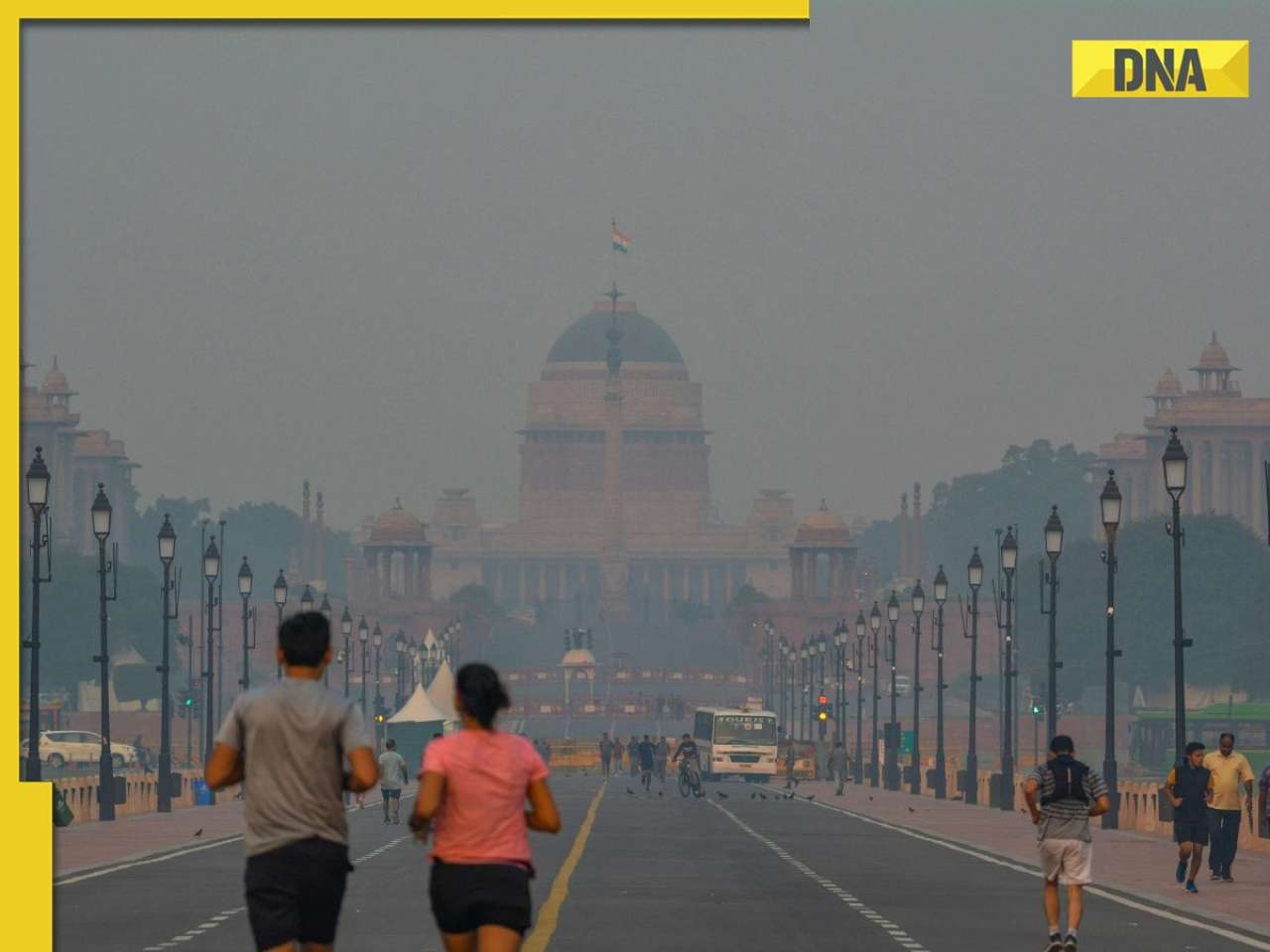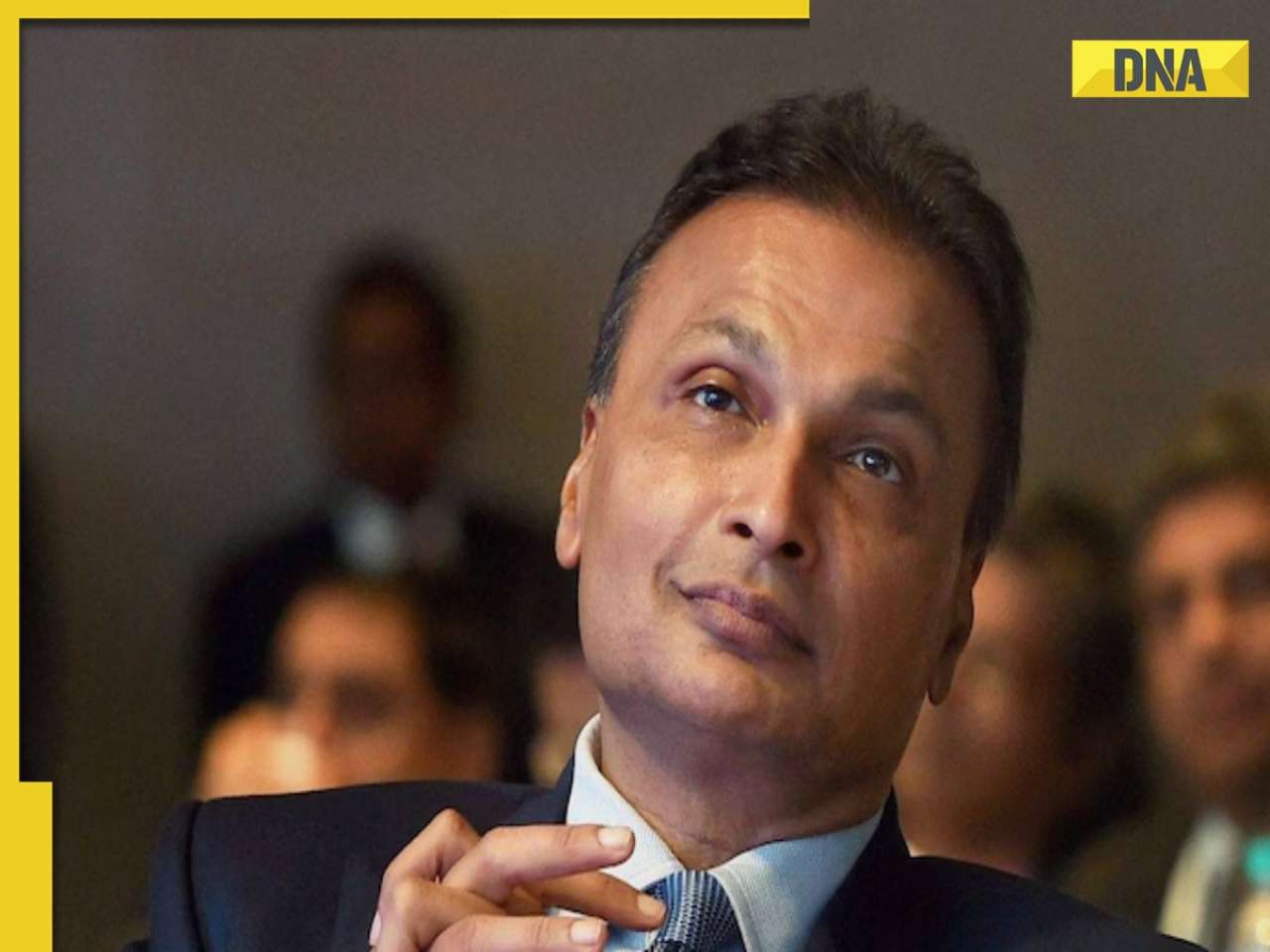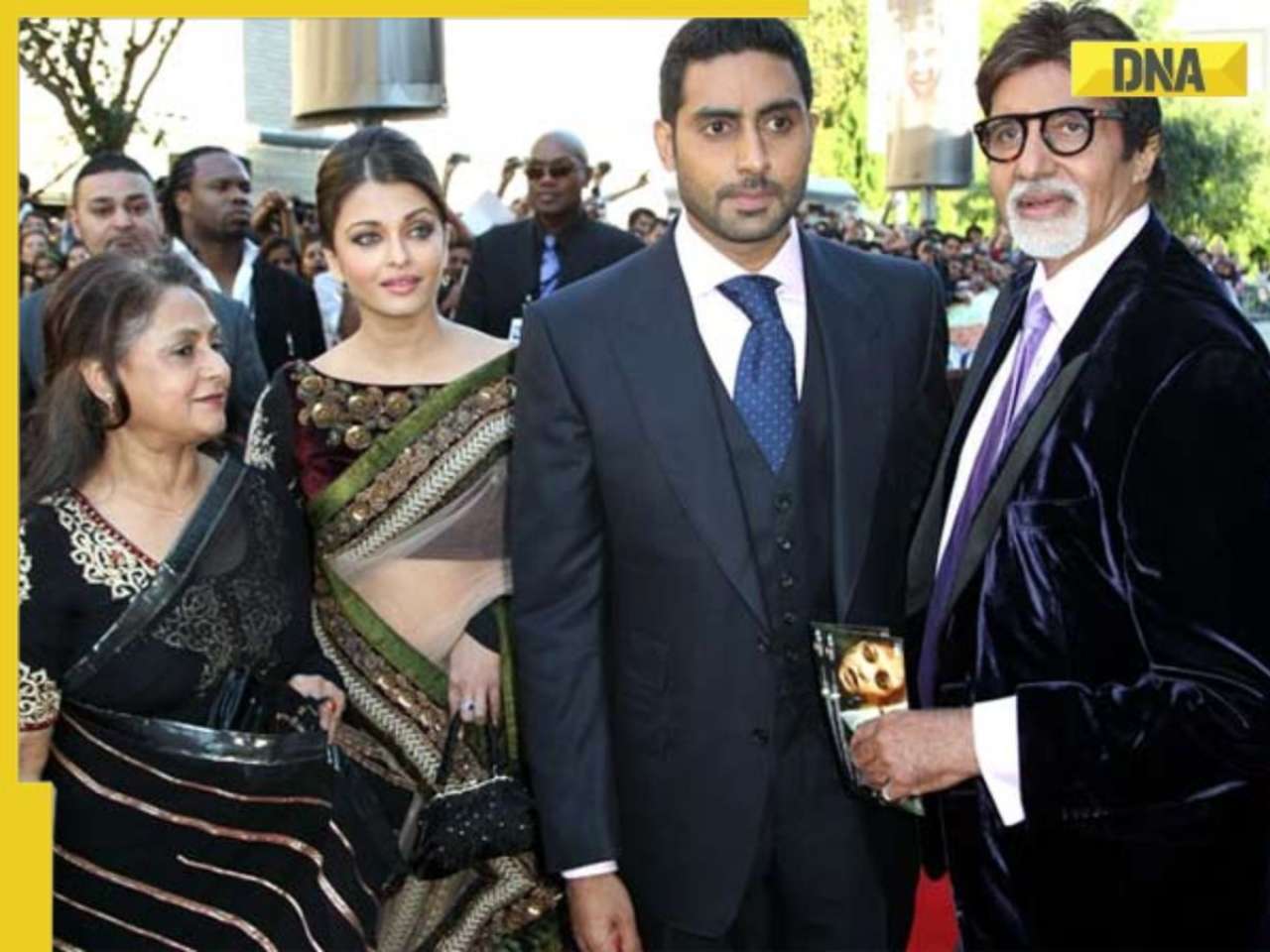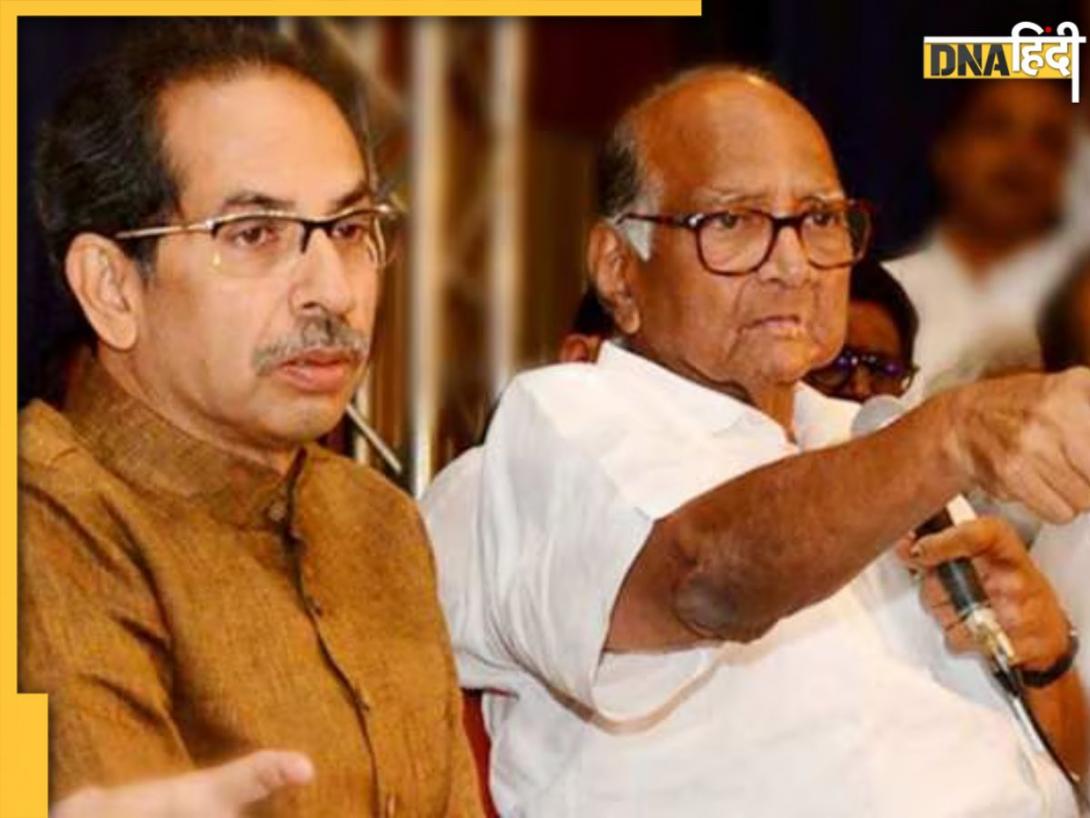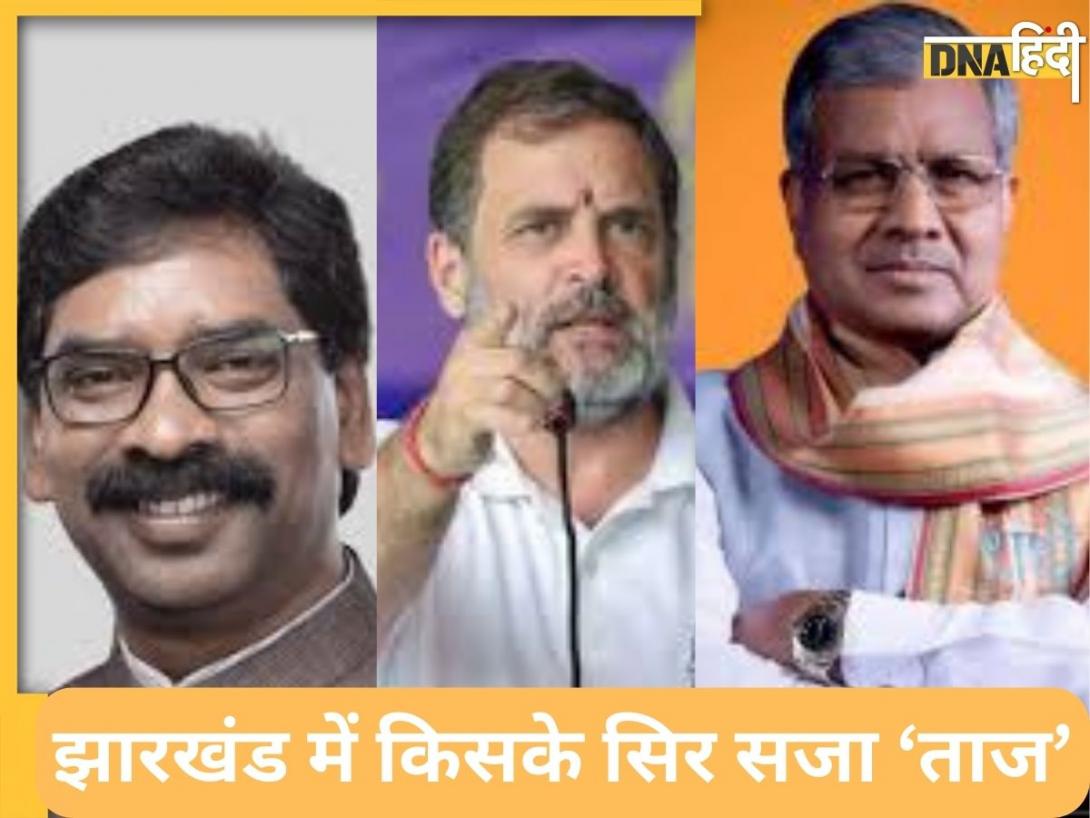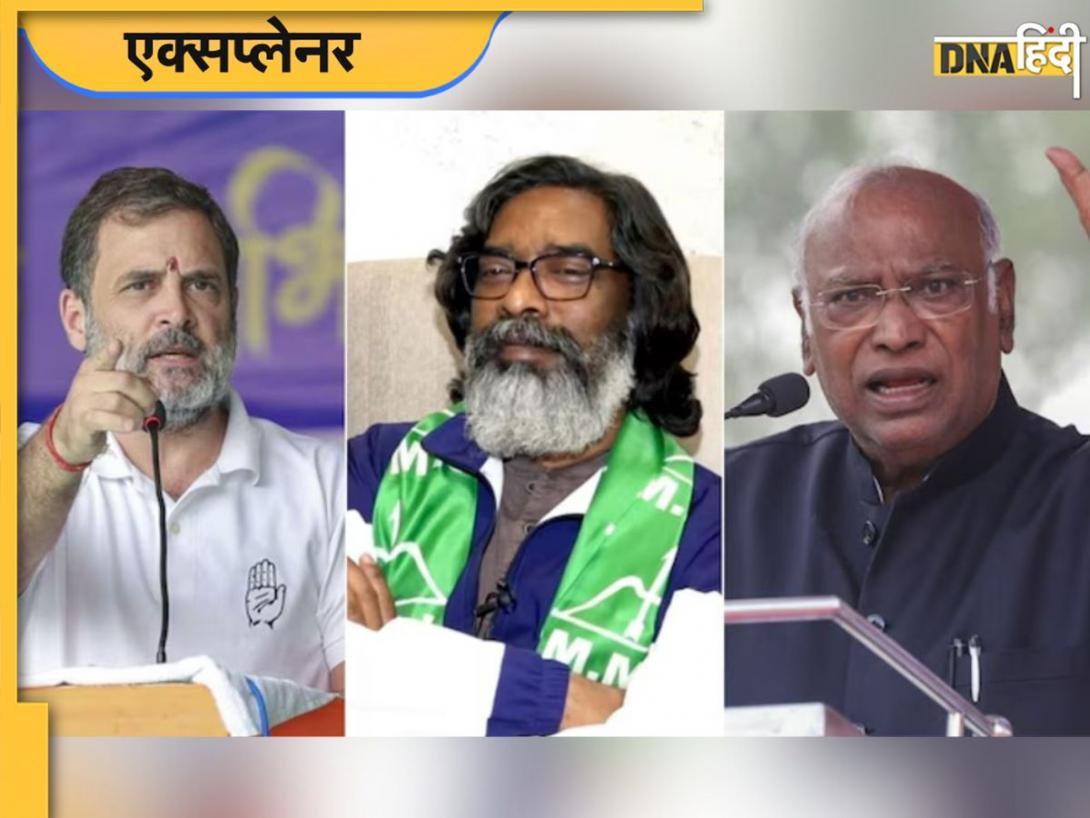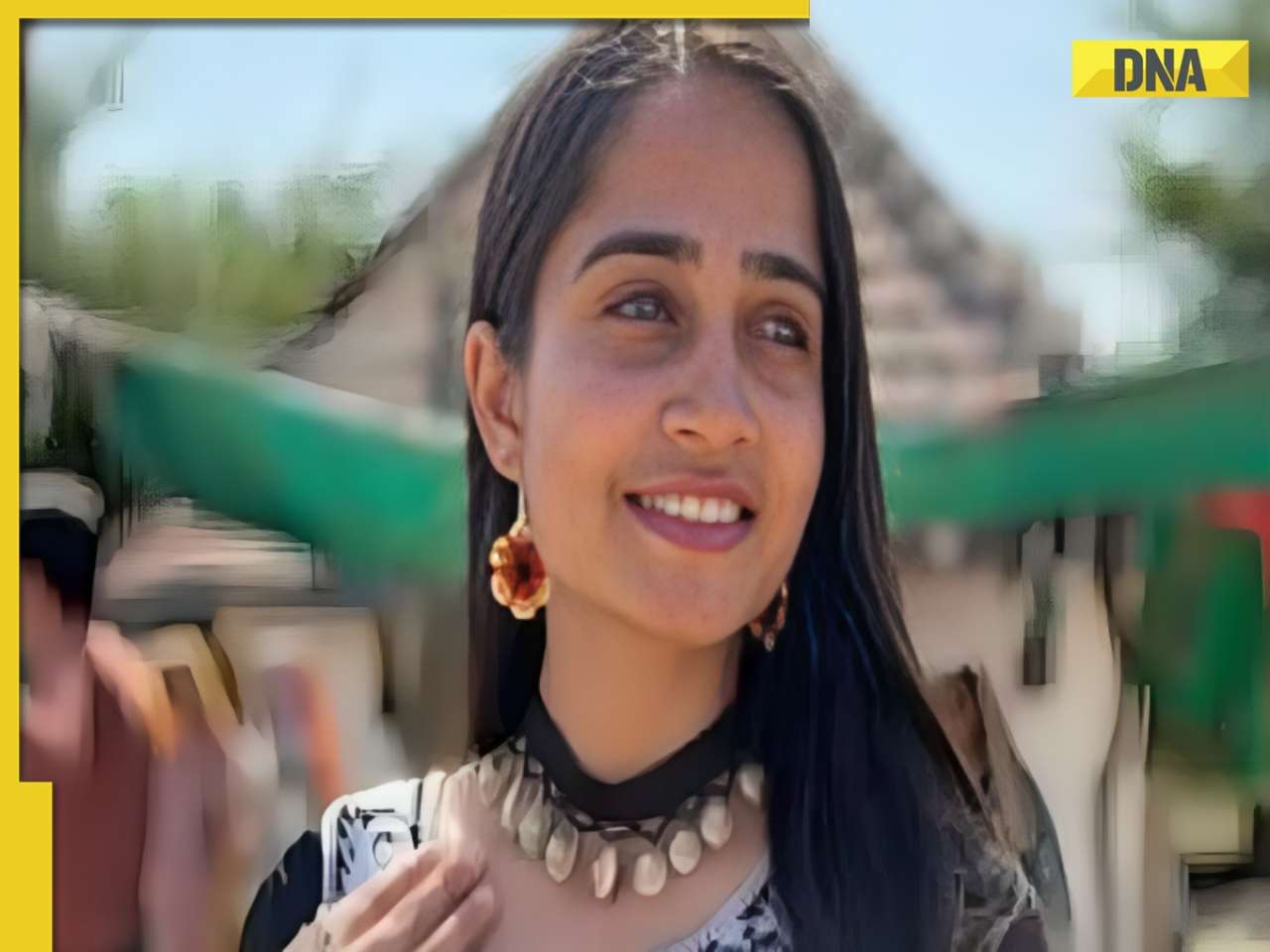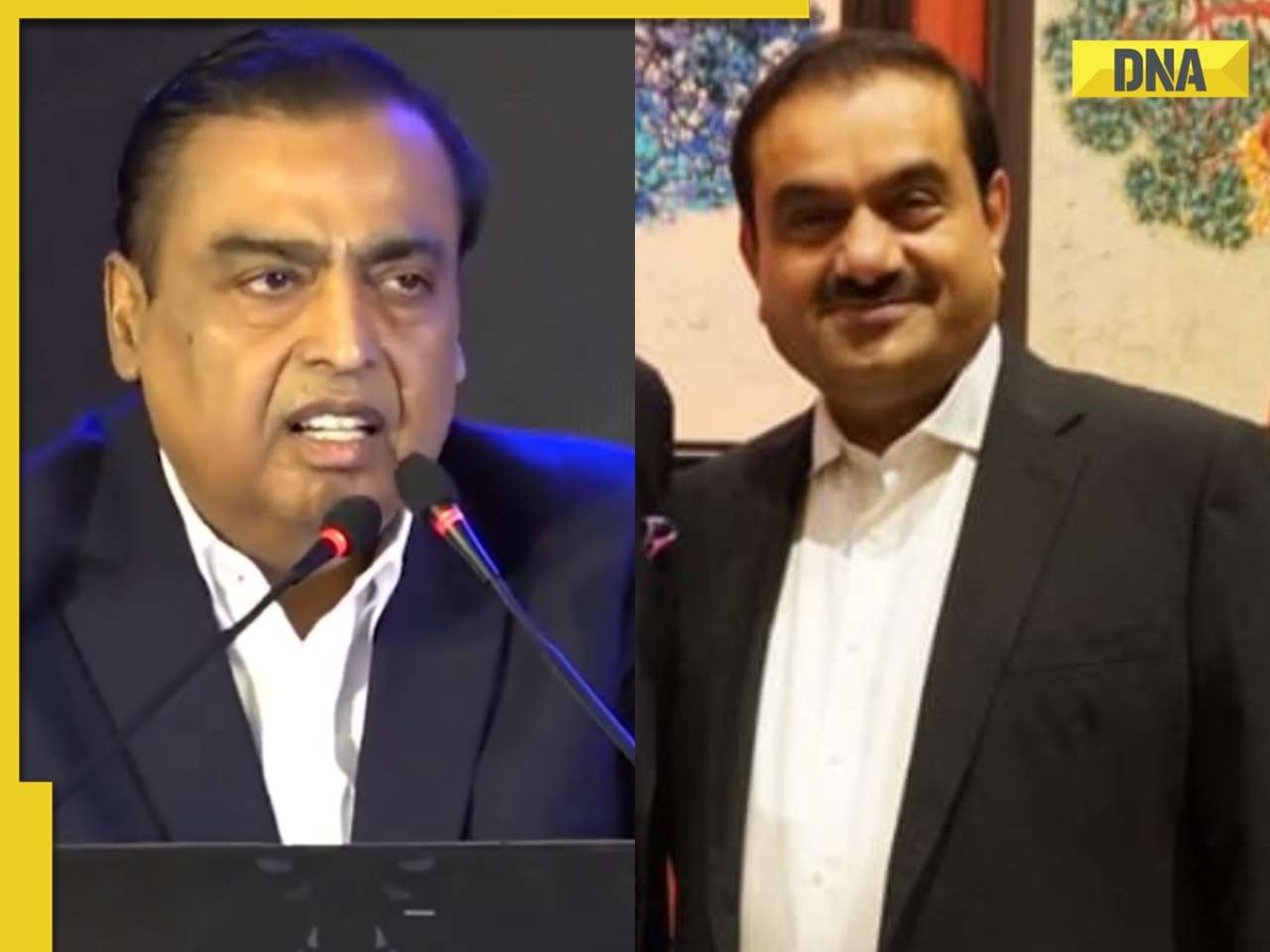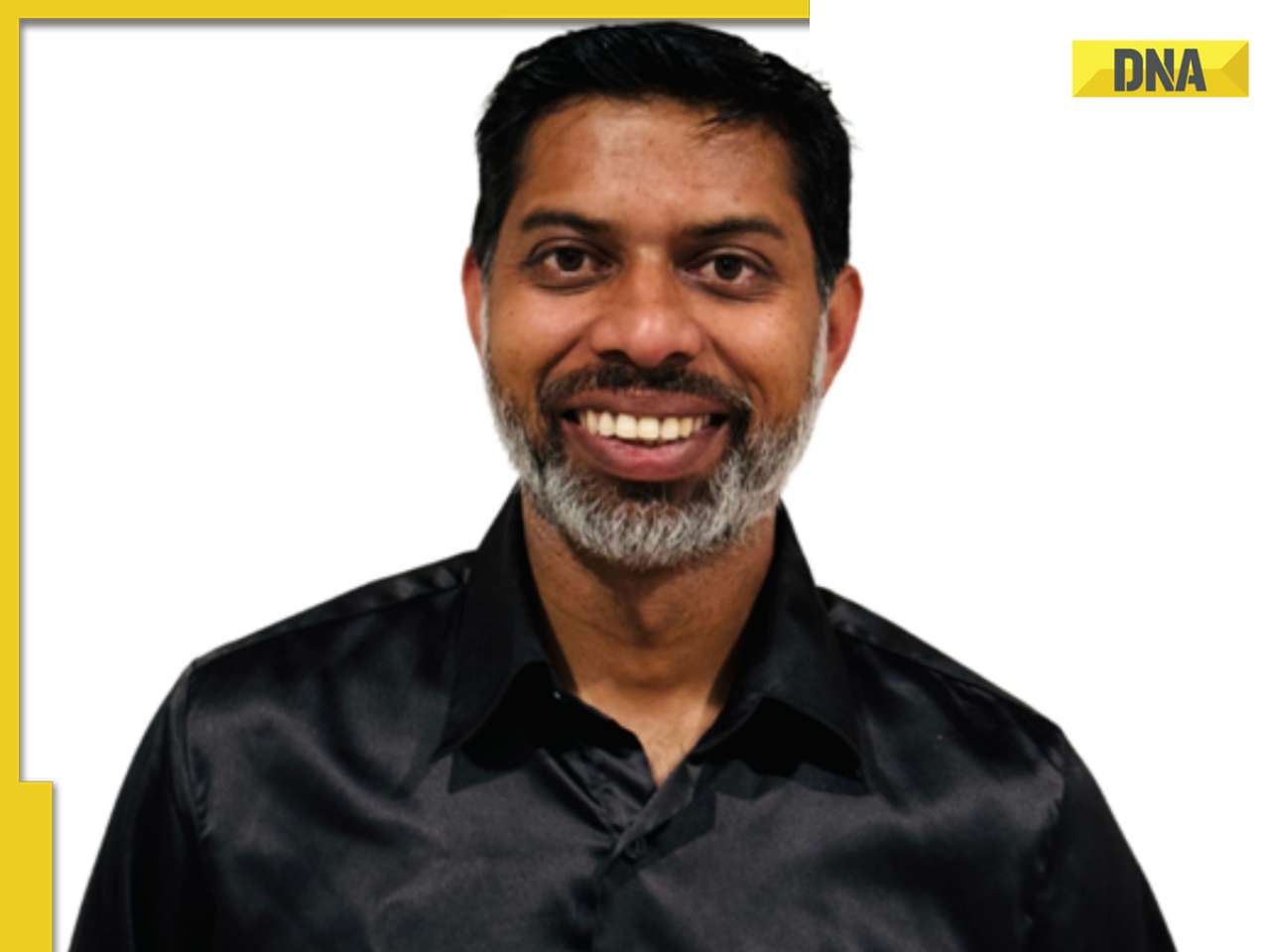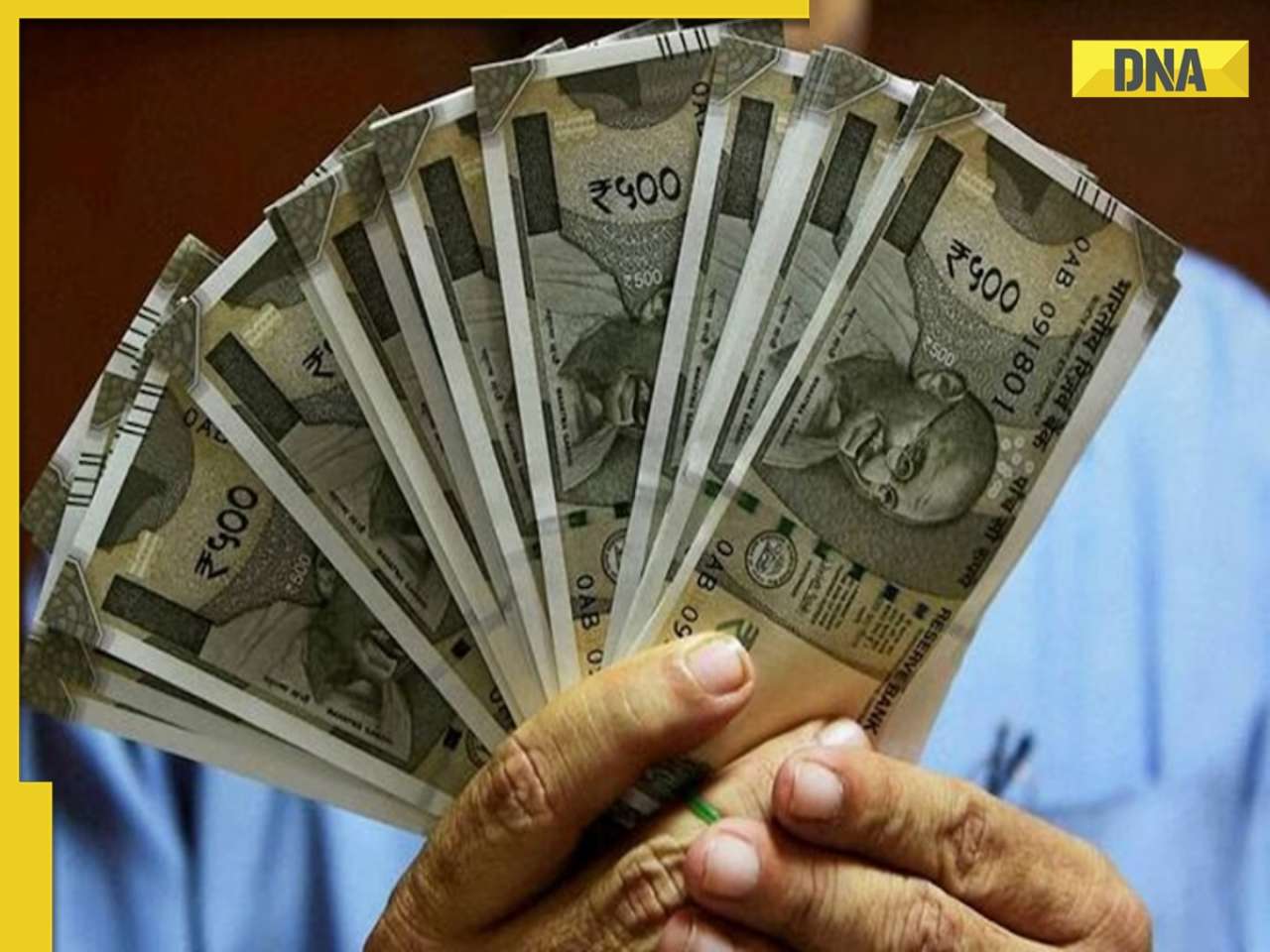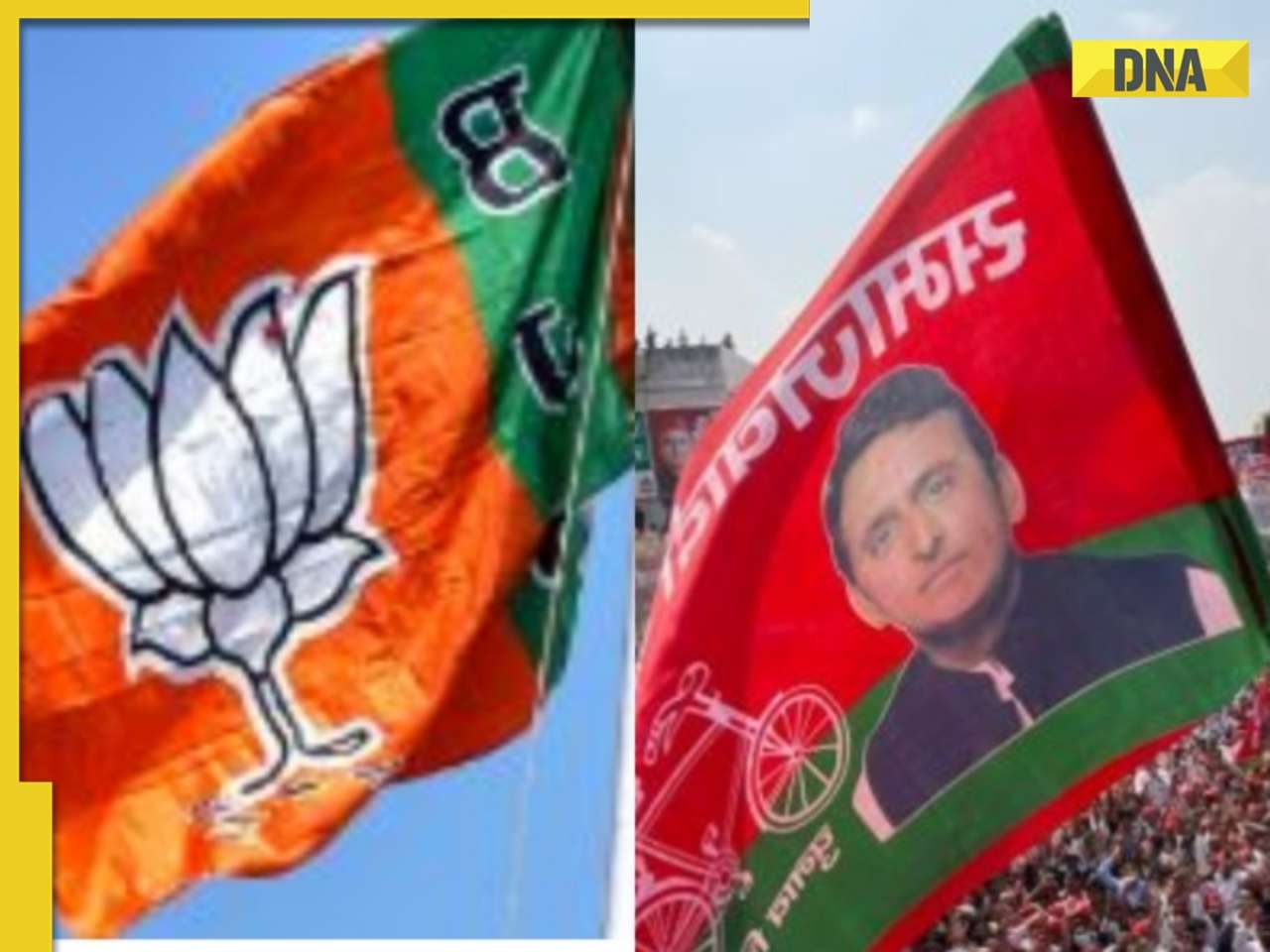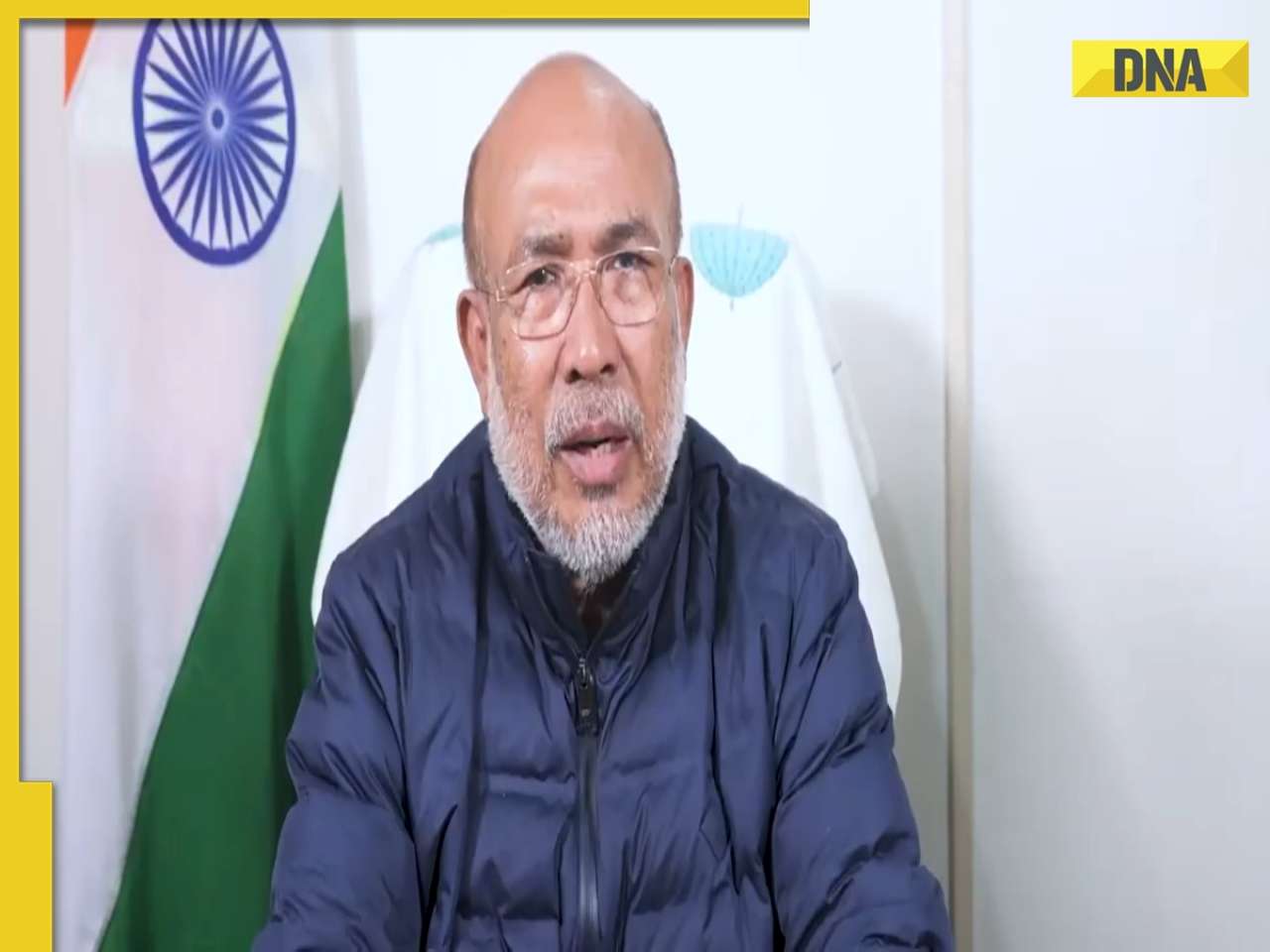- LATEST
- WEBSTORY
- TRENDING
LIFESTYLE
Masanobu Fukuoka: The man who did nothing
More than 30 years after it was published, farmer sage Masanobu Fukuoka’s cult book One-Straw Revolution, continues to inspire. On the occasion of his second death anniversary, DNA talks to Indian farmers whose lives were transformed by Fukuoka’s radical vision of farming, nature, and life.
TRENDING NOW
More than 30 years after it was published, farmer sage Masanobu Fukuoka’s cult book One-Straw Revolution, continues to inspire. On the occasion of his second death anniversary, DNA talks to Indian farmers whose lives were transformed by Fukuoka’s radical vision of farming, nature, and life.
Do-nothing’ or minimal interference is a radical idea. Especially for a civilisation obsessed with jumping from one complexity to another while simultaneously idealising simplicity. In 1983, a group of 20 farmers in Rasulia, a small village near Hoshangabad in Madhya Pradesh, was trying to find an alternative to chemical-intensive agriculture. Since 1978, they had been battling the legacy of the Green Revolution — hybrid seeds, pesticides, fertilisers — to redeem the promise of rishi kheti (farming as practiced by ancient sages), a practice that involves letting nature take its course. They had been successful. But there was more to be done, or rather undone. What that was, they weren’t sure. But they were open to learning.
It was no coincidence, then, that they attracted the internationally recognised Japanese spiritualist and Buddhist farmer Masanobu Fukuoka into their lives. One of the Rasulia farmers, Pratap C Aggarwal, came across a review of Fukuoka’s The One-Straw Revolution. Here he heard of the ‘no-till’ technique, a farming philosophy pioneered by Fukuoka. Aggarwal couldn’t wait to read the book, which was not published in India back then. So he wrote a friend in London asking her to send him a copy.
“I can never forget how, on receiving the book from the postman, I sat under a tree and read till it was too dark to see. I was lucky our house did not catch fire that afternoon, for I may not have got up to put it out!” writes Aggarwal, 63, in the preface to the Indian version of The One-Straw Revolution. The book, first published in 1978 in the US, has become such a phenomenon that in June 2009, The New York Review of Books republished the English language translation to celebrate its 30th anniversary.
While Aggarwal and friends were curious to know the next course of ‘action’, the book asked them to leave the earth alone, not to plough it, and to let nature decide which seed it chooses to accept. Such was the spiritual authority and simplicity of Fukuoka’s book that the group sold their tractor and bulls against all dictates of ‘common sense’. Today the book, in its 21st edition, continues to move whoever is ready for the mystical realisation Fukuoka had at the age of 25, of which he wrote, “Humanity knows nothing at all.
There is no intrinsic value in anything, and every action is a futile, meaningless effort.”
The value of nothing
Masanobu Fukuoka (1913-2008) was very much a man of science. While working as a plant pathologist in Yokohama, in Japan, in 1938, he suffered a ‘meltdown’ because of long intensive hours spent in the lab. He then had a mystical experience. He was constantly pursued by the thought that human intellect was acutely limited and the solutions it can offer are necessarily myopic. With this insight, he went back to his father’s farm in Shikoku. One day, he noticed a long-unploughed field where straws of rice grew through a tangled web of weeds. That was that. He observed nature closely, surrendered to it, and over time realised that do-nothing was not ‘abandonment’ but the order of nature.
Doing nothing does not mean being passive. “His message was this: Information comes to you without experimenting. Once you develop receptors to receive the message, then everything tells you; every object is continuously broadcasting. Receive it,” says Pune-based Vijay Vishnu Bhat who chaperoned Fukuoka around Bhaskar Save’s (the Gandhi of organic farming) farm on his last visit to India in 2003.
In 1984, Bhat was a loan recovery officer in a bank in Kutch. The way agricultural products were being aggressively pushed on to the farmers, destroying their self-reliance, bothered Bhat.
“Fukuoka saw it too. I realised that to free the farmer from financial duress, he has to be freed from his dependence on inputs,” says Bhat. All default in agricultural loans, he found, had arisen out of buying products not needed by farmers. So when not at work, Bhat would take to the field with other farmers to conduct experiments, like growing plants without irrigation.
A philosophy of life
More and more people are reading The One Straw Revolution, says writer and environmental activist Bharat Mansata. “And they are getting converted — because it talks about how industrial, chemical-intensive agriculture is unsustainable and is breeding a mounting spiral of problems such as groundwater pollution and loss of biodiversity. The future lies in organic, ecological methods.” In his forthcoming book The Vision of Natural Farming, Mansata talks about the similarities between Fukuoka and Bhaskar Save.
The One-Straw Revolution is not only about the technicalities of natural farming but also a philosophy of life. It talks of crop rotation, but also of foolishness; of pruning trees, and also of raising children; of “drifting clouds and the illusion of science”. To many, it is a Bible on alternative living.
“Fukuoka has taken the plant kingdom as an example to show that people know only a small part of the universe. For me, the book is an explanation of why we are going the way we are — trying to control, trying to be judgmental,” says Bangalore-based Intel employee Srikanth MA, who shuttles between his office, home and farm in Maralwadi, 50km from Bangalore, where they are planning to shift in five years’ time.
Srikanth and his wife, Priti, a neurophysiologist, are wildlife lovers. For them, it started with planting trees to attract birds. Then they began to dabble in farming as a hobby, and started reading up on organic farming. “The One-Straw... opened up a whole new vision of life for us. Till then, we’d looked at farming only as a hobby. In 2005-06, we took it up as a way of life. The entire book is about that. It’s about living in harmony with nature,” says Srikanth.
They contemplated home schooling their son Sriram, to make his learning holistic. At a home schooling conference, Srikanth made a friend who too was drawn by Fukuoka’s ideas on formal education — Shashi Kumar, an employee of IT major, Wipro.
Kumar was not happy with his son’s schooling. “Fukuoka said that whatever you do, at the end, you have to learn with nature. If you learn this, then you start learning about yourself,” says Kumar, who went on to do more research on Fukuoka and was amazed by what he read. So he bought three acres of land 90km from Bangalore and moved there with his family. He commutes from his farm to work daily.
When he started farming, Kumar did not ask anyone what to do and how to do it. He followed Fukuoka’s philosophy of observing. Initially, there was a lot of confusion. “We tried growing paddy; only weeds grew,” he says. Three years passed before the dry land yielded. “I wouldn’t even get the seeds back. But yield it did.” Today his farm has 100 banana plants, chiku trees and blueberry plants.
“You can call it a leap of faith, but the book is convincing enough,” says Kumar.





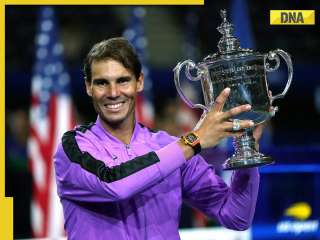


)
)
)
)
)
)
)
)
)
)
)
)
)
)
)






